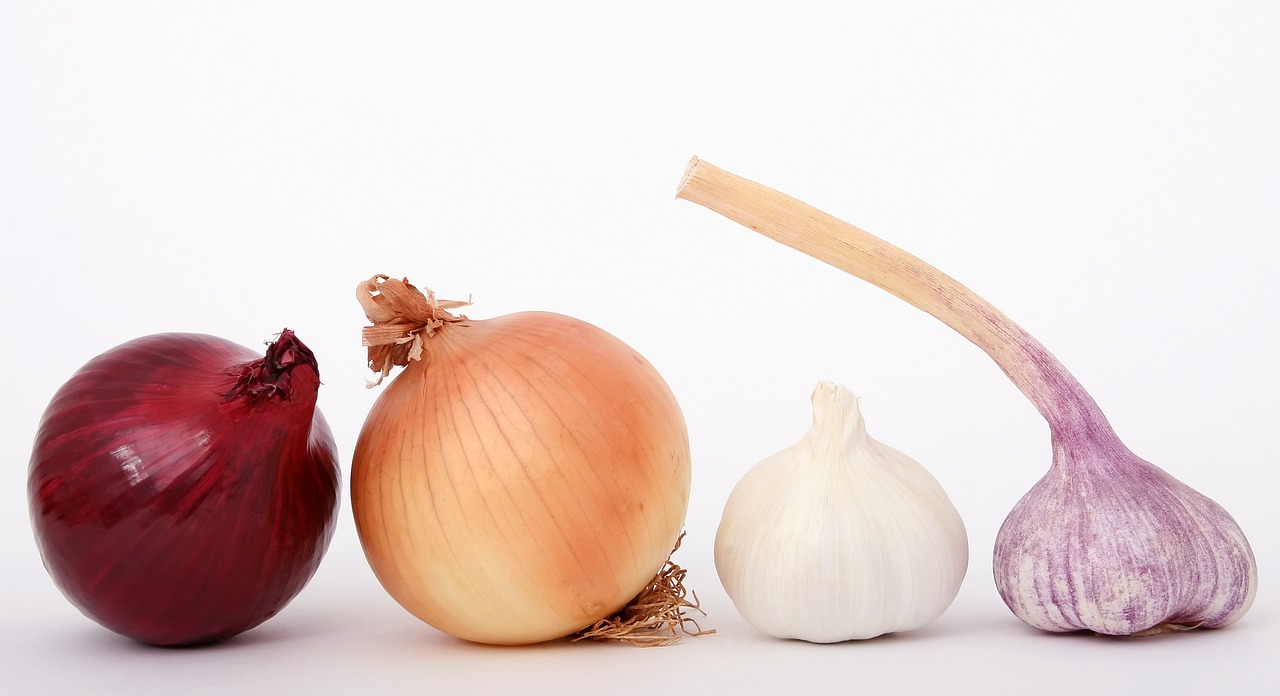Food Delivery Apps: Convenience vs. Ethical Concerns
The food delivery industry has witnessed exponential growth in recent years, fueled by the convenience and accessibility offered to consumers. With the rise of digital platforms and mobile apps, ordering food from a myriad of restaurants has never been easier. This shift in consumer behavior has transformed the way people dine, preferring the ease of having meals delivered to their doorstep rather than dining out.
Technology has played a crucial role in revolutionizing the food delivery landscape, allowing for seamless transactions between customers, restaurants, and delivery drivers. The advent of GPS tracking and real-time updates has enhanced the overall experience for all parties involved, ensuring timely deliveries and efficient service. As the market continues to evolve, food delivery companies are constantly innovating to meet the ever-changing demands and preferences of consumers.
Impact of Food Delivery Apps on Local Restaurants
The rise of food delivery apps has undoubtedly reshaped the restaurant industry, offering both opportunities and challenges for local eateries. With the convenience of ordering food at the touch of a button, many customers now prefer the ease of having meals delivered to their doorstep rather than dining in-store. This shift in consumer behavior has created fierce competition among restaurants, leading to increased pressure on profit margins and the need to adapt to the digital landscape to stay relevant.
For local restaurants, partnering with food delivery apps can expand their reach to a larger customer base beyond their immediate locality. This enables them to tap into a wider market and attract new patrons who may not have discovered their establishment otherwise. However, the commission fees charged by these apps can eat into already slim margins, making it challenging for small businesses to thrive in an increasingly competitive market. As a result, many local restaurants must carefully weigh the benefits of partnering with food delivery apps against the financial implications to ensure sustainability in the long run.
Labor Practices in Food Delivery Industry
With the rising popularity of food delivery services, the labor practices within the industry have come under scrutiny. Delivery workers, often referred to as gig workers or independent contractors, face challenges such as job insecurity, low wages, and lack of benefits. Many of these workers do not have access to traditional employment benefits like health insurance or paid time off, leading to concerns about their well-being and financial stability.
Additionally, the classification of delivery workers as independent contractors means they are not entitled to labor protections such as minimum wage guarantees or overtime pay. This lack of regulation has raised questions about the fairness and sustainability of the gig economy model. As the food delivery industry continues to grow, there is a pressing need to address these labor practices to ensure that delivery workers are treated fairly and ethically.
What is the food delivery industry?
The food delivery industry is comprised of companies and apps that facilitate the delivery of food from restaurants to customers’ doorsteps.
How do food delivery apps impact local restaurants?
Food delivery apps provide local restaurants with additional revenue streams and increased visibility to potential customers. However, they also come with high commission fees and can sometimes lead to a decrease in dine-in customers.
What are some common labor practices in the food delivery industry?
Some common labor practices in the food delivery industry include low wages, lack of benefits, reliance on gig workers, and issues with worker safety and working conditions.
How do labor practices in the food delivery industry affect workers?
The labor practices in the food delivery industry can negatively impact workers by leading to unstable income, lack of job security, and limited access to benefits such as healthcare and paid time off.
Are there any regulations in place to address labor practices in the food delivery industry?
While there are some regulations in place, such as minimum wage laws and worker safety regulations, there is ongoing debate and advocacy for stronger protections for workers in the food delivery industry.







